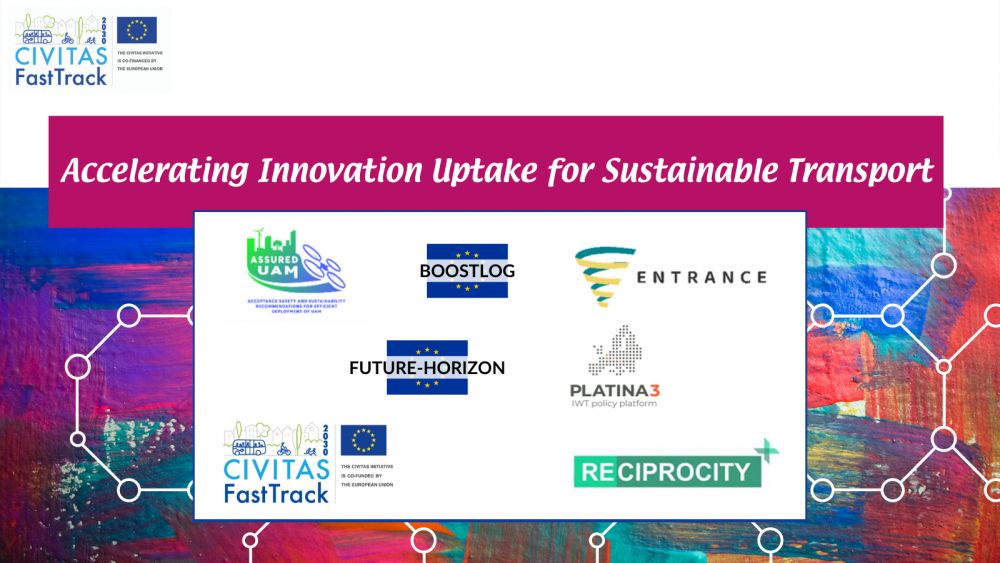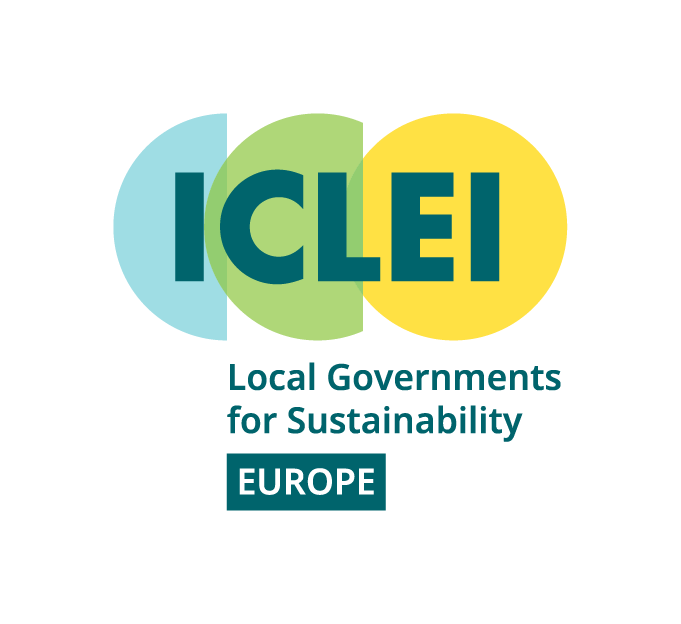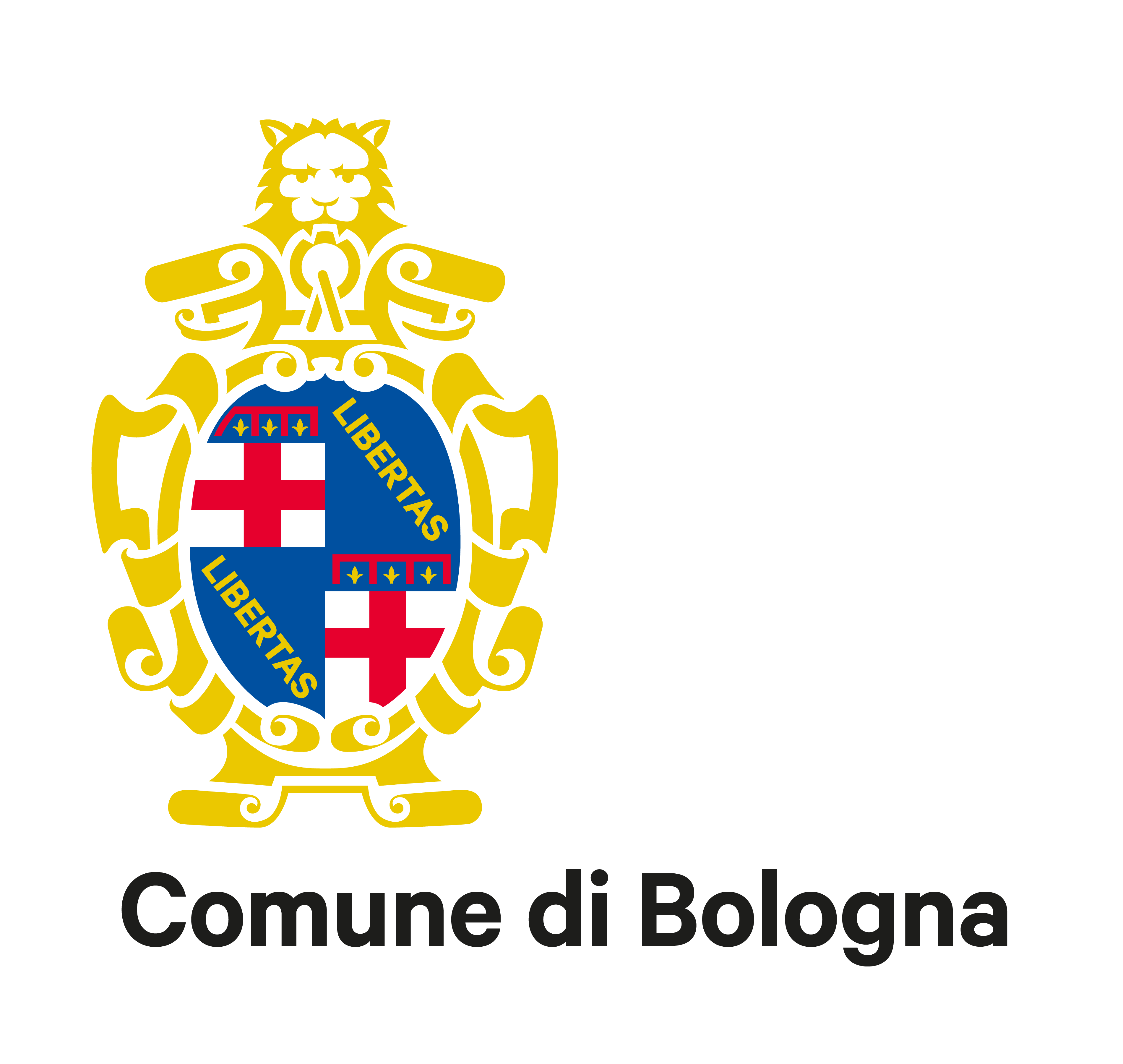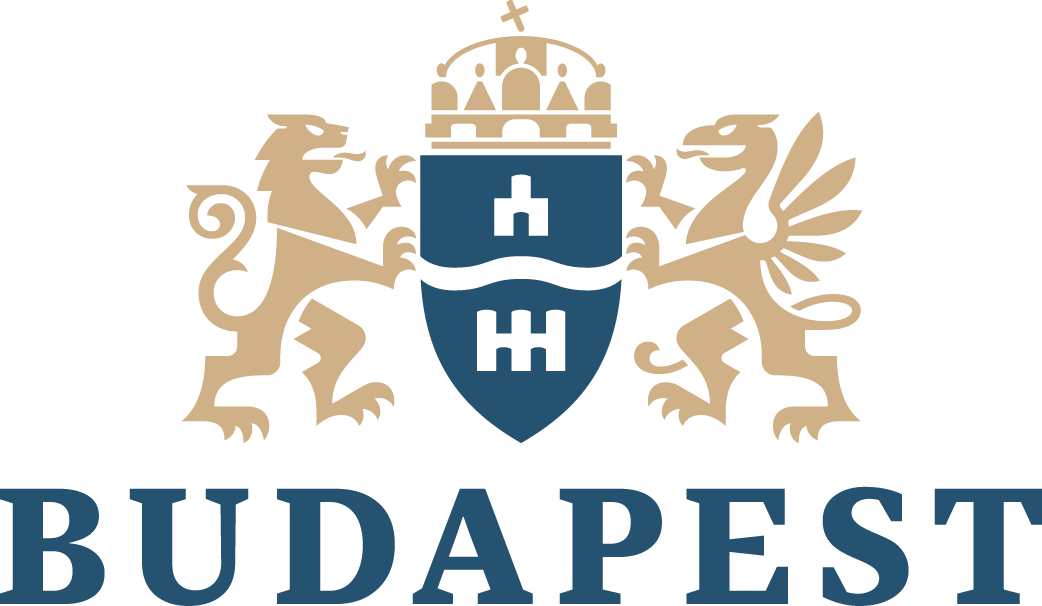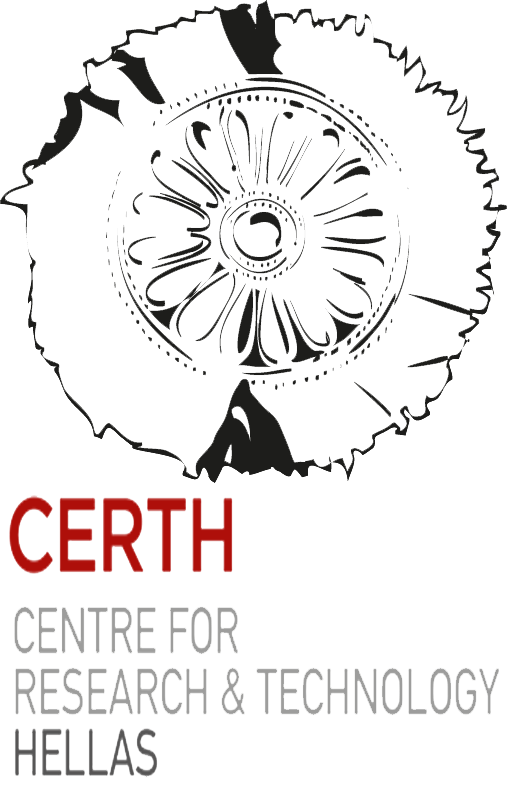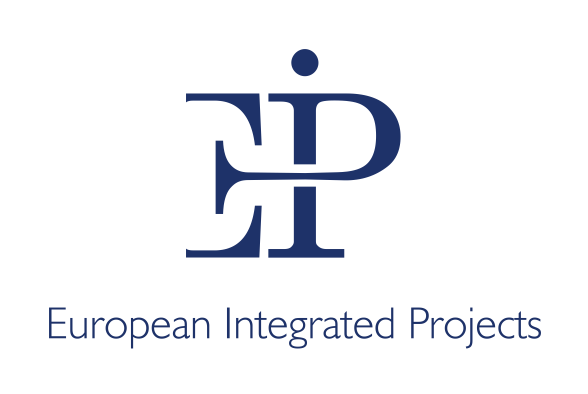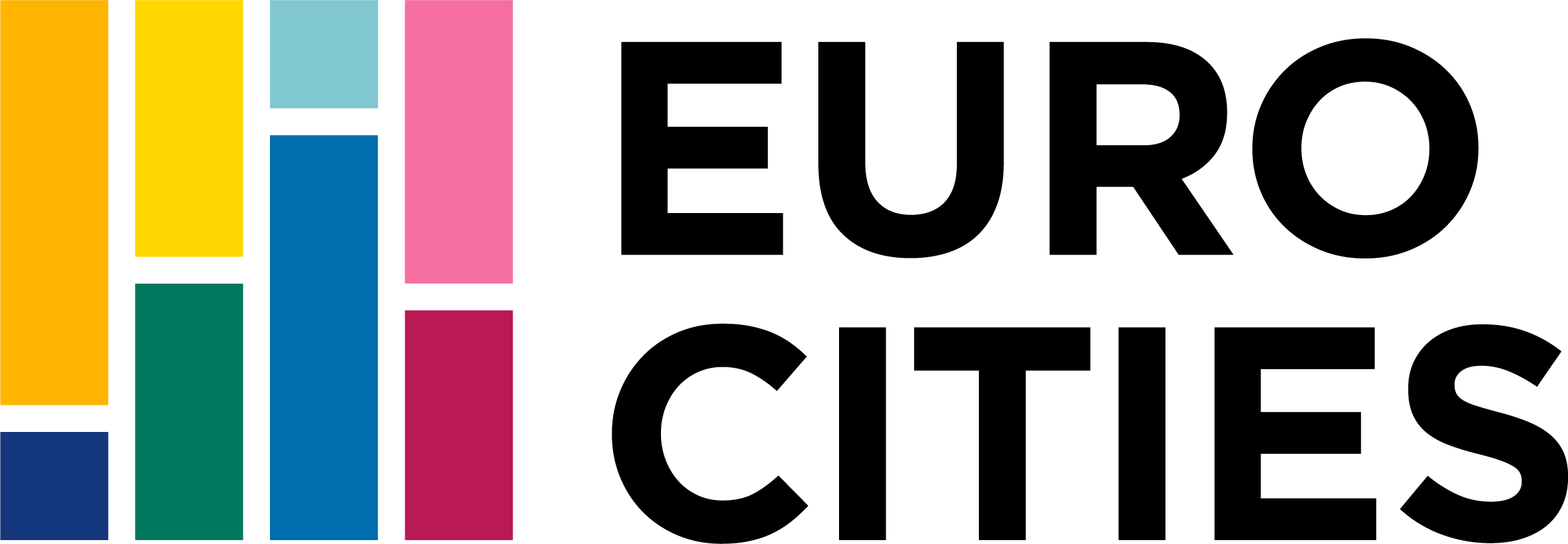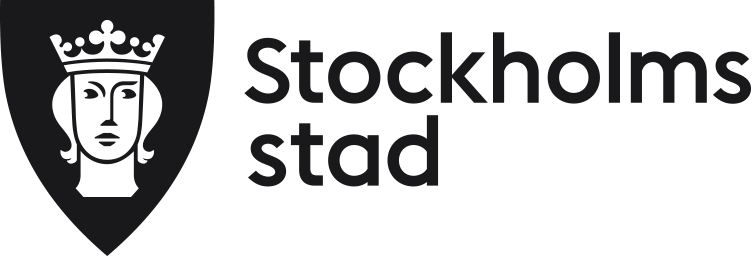
News
FastTrack joins newly launched Task Force to accelerate innovation uptake
15 December 2021
FastTrack is among a group of seven Horizon 2020 projects that have joined forces to launch a new Task Force on "Accelerating Innovation Uptake for Sustainable Transport."
The transport sector not only represents almost a quarter of Europe’s greenhouse gas (GHG) emissions, but is also the main cause of air pollution in cities. Although emissions from the sector have seen a decline since 2007, they still remain higher than in 1990. The European Commission’s Low-emission Mobility Strategy, adopted in 2016, has initiated a shift towards a low-emission and sustainable transport ecosystem. Many innovative solutions in transport, such as micro-mobility services and zero-emission freight vehicles, that can help to decarbonise the transport sector have been developed through public and private funding. Those solutions could potentially significantly reduce emissions and air pollution of the sector, if implemented widely. Although much effort has been made to facilitate market uptake of innovation in transport (e.g. Horizon Result Booster), progress remains slow, with many innovations not having been implemented or only at a smaller scale, thus limiting their contributions.
We, the consortium members of seven Horizon 2020 Coordination and Support Actions Projects, have realised the importance of accelerating market uptake of sustainable and innovative solutions and decided to unify our efforts to advance progress. Therefore, we launch this Task Force to:
- raise awareness of project activities on advancing market uptakes of innovation in transport to a wide range of stakeholders including high-level policy makers;
- mobilise resources from projects and other initiatives to address key obstacles, thus facilitating market uptake of innovations;
- create cross-project, cross-sectoral cooperation to maximise impacts of project activities and avoid duplication.
Work streams
Implementation of innovative solutions in transport faces many obstacles, particularly through the complex interplay of stakeholders involved, such as public authorities, and end users. Further challenges also include existing regulations and policies, financing, lack of required skills, etc.
This Task Force will initially address the following four main obstacles:
- Mismatch of demand and supply; innovative suppliers may not reach potential users and potential users may not be aware of or able to find innovations they need.
- Lack of funding or financial support for implementation and high risk of implementation of innovative solutions; implementation of innovation may require funding, even though in the long term it will lead to economic benefits; investment is also needed to make innovative solutions ‘market-ready’ or ‘implementation-ready’; risk of implementation may include lack of political support (due to change of government or policy priorities), and lack user acceptance.
- Inability to measure impact of innovation, thus complicating the formulation of reliable targets. Without evidence-based impacts, decision makers (either in the public or in the private sector) may hesitate to implement innovations.
- Limited technical knowledge and insufficient vision; buyers and implementation practitioners may lack sufficient technical knowledge to provide support to implementation of innovation, and they also may not have the vision for using innovation to help decarbonisation of the sector, as well as increasing efficiency and enhancing competitiveness.
The task force consists of four work streams to specifically address the main obstacles:
- Work Stream 1: Matchmaking services between innovation suppliers and buyers
- Work Stream 2: Finance & De-risking
- Work Stream 3: Best practice sharing
- Work Stream 4: Capacity building and guideline development
Task Force members
The seven projects that make up this TaskForce are: ASSURED-UAM; BOOSTLOG; ENTRANCE; FastTrack; FUTURE-HORIZON; PLATINA3; and RECIPROCITY.
All news
Partners

This website is produced as part of the CIVITAS FastTrack Coordination and Support Action funded by the European Union Horizon 2020 research and innovation programme under grant agreement No 101006853. The sole responsibility for the content of this website lies with the FastTrack project and in no way reflects the views of the European Union.
